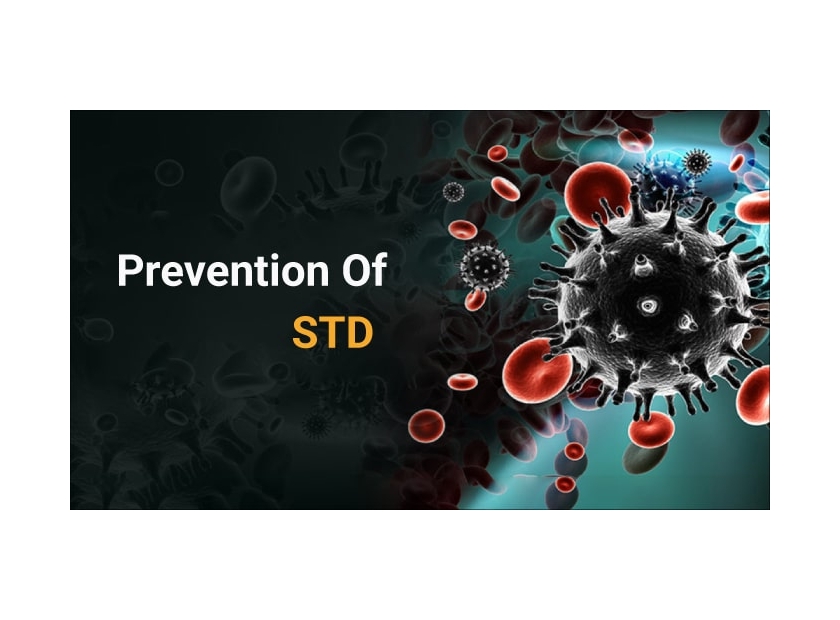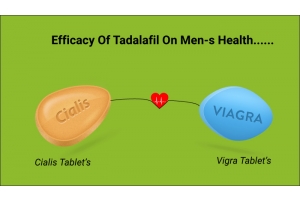Prevention Of STD
What are sexually transmitted infections (STIs)?
sexually transmitted infections (STIs) are infections that are expanse by sexual contact during sexual intercourse. STIs can cause grave damage to your body part or even death. Except for colds and flu, STIs are the most common easily spread infections in the United States, with millions people of new cases each year. Although some STIs can be diagnosed and cured, others cannot.
How are STIs transmitted?
A person with an STI can pass it to others sexual partner via contact with skin, genitals, mouth, rectum, or body fluids. Anyone who has sexual to contact vaginal, anal, or oral sex with another person may get an STI. STIs cause symptoms. Even if there are no symptoms, your health can be affected by STI's.
What causes STIs?
STIs are caused by bacterial or viral infections. If STIs caused by bacteria are treated with antibiotics, those caused by viruses cannot be cured, but symptoms can be treated when cause by viral.
What are the risk factors for STIs?
Given the following factors is increase as per the risk of getting STIs:
- Sex with so many people
- A partner who has more than one sexual partner
- By forgot Sex with someone who has an STI
- History of STIs bacterial or viral.
Use of IV drugs (injected into a vein) or partner is being use of intravenous drugs
You have the facts; now protect yourself and to safe from your sexual partners. Effective strategies for impair STD risk include:
Abstinence - The most again and again way to avoid many infection is to not have sex (i.e., anal, vaginal or oral).
Vaccination - Vaccines are very safe, effective, and recommended ways to prevent hepatitis B and HPV. HPV vaccines for males and females can protect against some of the most common types of HPV. It is best vaccines to get all three doses injection (shots) before becoming sexually activity. However, HPV vaccines are recommended to doctor for all teen girls and women up to age 26 and all teen boys and men up to age 21, who did not get all three doses injection of the vaccine when they were younger. You should also get vaccinated doses for hepatitis B if you were not vaccinated when you were younger.
Reduce Number of Sex Partners - Decrease your of sex partner number, that can decrease your risk for spread STDs. It is still important is that you and your partner get tested, and that you share your STD test results with one another.
Mutual Monogamy - Mutual monogamy that means you agree to be sexually active with only one person, who has agreed to be sexually active only with you. Being in a long-term mutually monogamous relationship with your partner uninfected is one of the most reliable ways to avoid STDs. But you must both partner be certain you are not infected with STDs. It is important to have an open and honest to conversation with your partner.
Use Condoms – Use male latex Condoms correct and consistent is highly effective in reducing STD transmission. Use a condom every time when you have anal, vaginal, or oral sex.
If you have latex allergies, then you can use synthetic non-latex condoms. But it is important to note down that point is condoms have higher breakage rates than latex condoms. Natural membrane condoms have being strong and it is not recommended for STD prevention.
To prevent giving an STD to someone else:
Stop having sex until you see a physician and are diagnosed and treated very well.
Follow your doctor's instructions for treatment as per your health.
Use condoms every time whenever you have sex, In especially with new partners.
Don't resume having sex life unless your doctor says it's OK.
Return to go to your doctor to get rechecked.
Be sure when your sex partner or partners also are treated with this disease.








